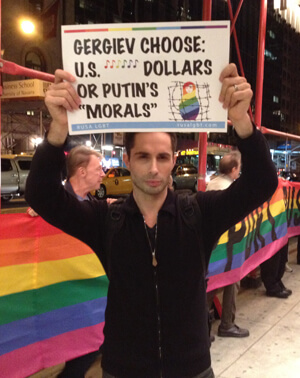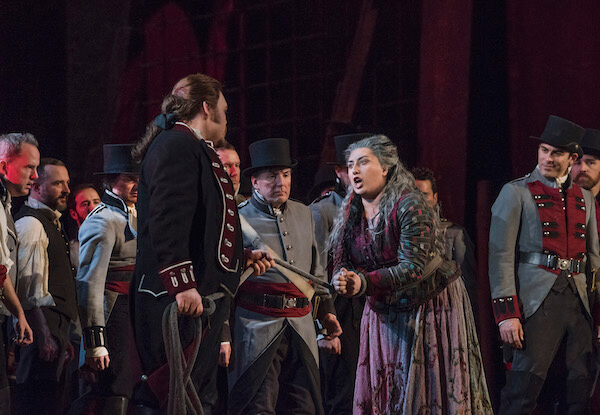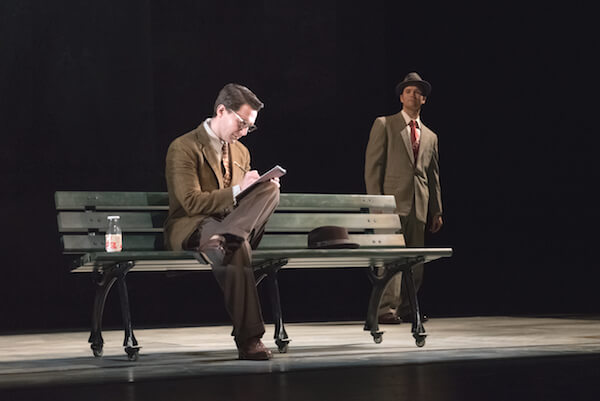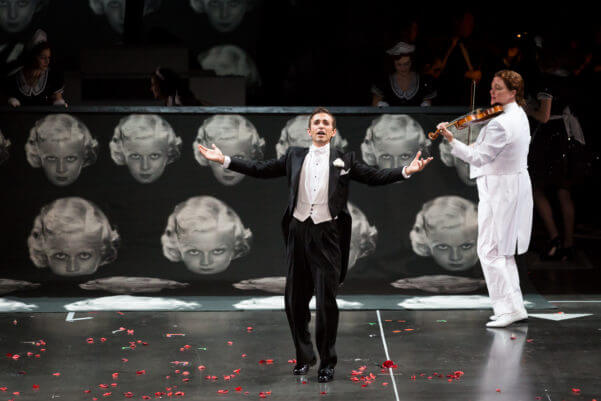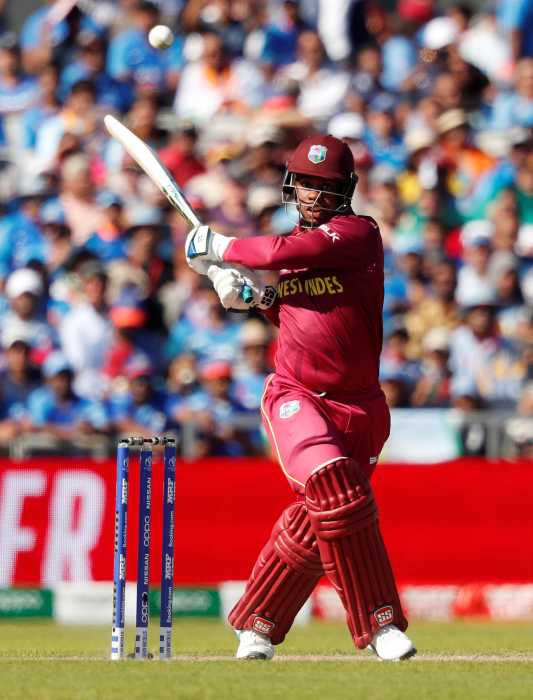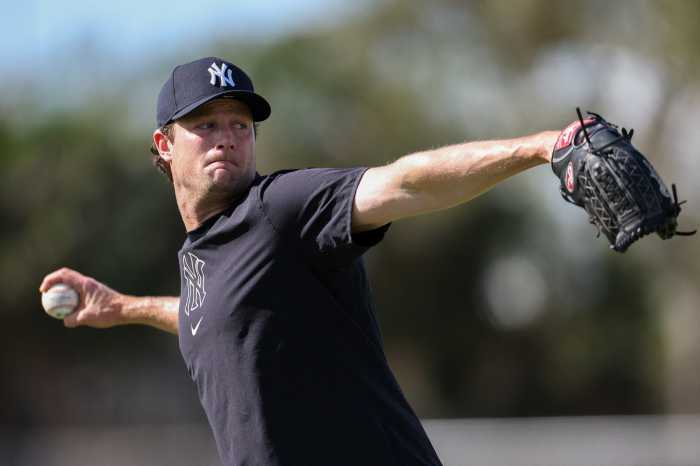 Protests against allies of Vladimir Putin in New York concert halls moved from the Metropolitan Opera on September 23 to Carnegie Hall on October 10, targeting the same conductor and demanding that the leaders of these institutions do more to condemn the scapegoating of Russian gays who live under the threat of arrest, violence, and now a bill to have their children taken away from them. Russia has also stepped up its ban on foreign adoptions by gay people, barring adoptive parents from any country that allows same-sex marriage.
Protests against allies of Vladimir Putin in New York concert halls moved from the Metropolitan Opera on September 23 to Carnegie Hall on October 10, targeting the same conductor and demanding that the leaders of these institutions do more to condemn the scapegoating of Russian gays who live under the threat of arrest, violence, and now a bill to have their children taken away from them. Russia has also stepped up its ban on foreign adoptions by gay people, barring adoptive parents from any country that allows same-sex marriage.
Russian conductor Valery Gergiev, a close ally of Putin, the Russian president ratcheting up a reign of terror against LGBT people, continues to refuse to condemn the virulently anti-gay laws in his homeland. It has also come to light that Gergiev “condemned Pussy Riot when that punk rock band defended the human rights of all Russians,” according to Duncan Osborne of Queer Nation, demonstrating that “he is not above making political statements.”
The New York Times reported that Gergiev told a Russian news agency last week that he does not discriminate at the Mariinsky Theatre in St. Petersburg, where he is artistic director, but added “once you start to talk like this, you start to sound like someone who has to apologize. We have nothing to apologize for.” The Times was unable to get Gergiev or his manager at Columbia Artists to elaborate on what he means, but the call from Queer Nation is for him to condemn the anti-gay laws.
Hall management tries to have protestors inside arrested, but NYPD declines
While Gergiev was inside preparing to conduct Stravinsky ballets for his Mariinsky Orchestra, about 30 demonstrators affiliated with Queer Nation (including this reporter) protested outside, holding a 60-foot rainbow banner made by Gilbert Baker, creator of the Rainbow Flag, reading “Support Russian Gays.” The group chanted, “While you sit in your Carnegie seat, Russian gays are being beat” and “Carnegie Hall should make it clear, Gergiev does not belong here.”
The group asked that the Met Opera and Carnegie Hall condemn the anti-gay laws in Russia. While Peter Gelb of the Met wrote an extended program insert expressing support for LGBT rights, he would not dedicate a performance that included Gergiev and Anna Netrebko, another Putin supporter, to the plight of Russian gays, as demanded by Queer Nation. Clive Gillinson, the executive and artistic director of Carnegie Hall, wrote in an email to Osborne that “as an artistic institution [our] primary mission is to feature performances by the world’s greatest artists and ensembles, including Valery Gergiev and the Mariinsky Orchestra. Carnegie Hall firmly opposes all instances of discrimination, including discrimination against the LGBT community; however these concerts, as musical events, are not the appropriate setting for political comment.”
Osborne called Gillinson’s statement “worse than the Metropolitan Opera’s, if that is possible.” A flier handed out at the protest documented Carnegie Hall’s long history as a venue for political statements, from packed meetings of suffragettes in 1908 to gatherings against lynching and for civil rights. But in 2013, the handout read, “Carnegie Hall refuses comment on Russian government attacks on LGBT Russians.”
Inside the hall, protestor John Weir of Queer Nation rose from his seat as Gergiev took the podium and shouted, “Gergiev, your silence is killing Russian gays.” Osborne then rose from the other side of the balcony and shouted, “Valery, your silence is killing Russian gays.” While there were a few boos, more audience members applauded, the two men said.
Security grabbed the men to haul them out and wanted police to arrest them, but their attorney, Gerard Corsini, who was inside observing, told police that the two men had tickets and were not trespassing or breaking any laws. The police declined to arrest them.
“Carnegie Hall not only wouldn’t say anything about the plight of Russian gays,” Osborne said, “they wanted to have us arrested. It is really reprehensible that they would emulate what the Russian government is doing to gay people.”
All LGBT rights protests are banned in Russia under the new laws recently enacted unanimously by that nation’s parliament. And all protests of any kind have been banned from the Winter Olympics in Sochi, Russia in February.
Winter Olympic sponsors such as Coca Cola have been targeted by Queer Nation and will be again, according to Osborne.

